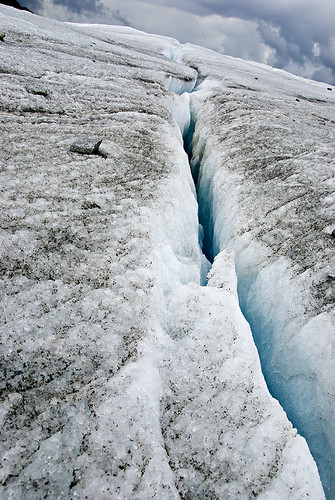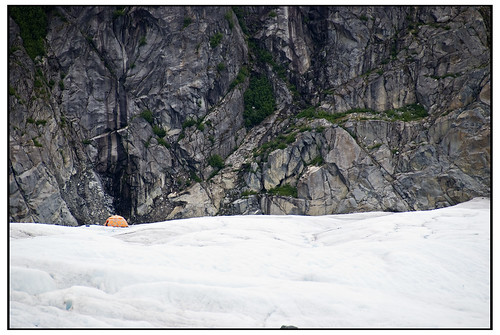
I shouldn't be grossed out by the thought of making still suits for an entire city, but I'll admit I am, even if California has been talking about this plan for a while now.
Faced with a persistent drought and the threat of tighter water supplies, Los Angeles plans to begin using heavily cleansed sewage to increase drinking water supplies, joining a growing number of cities considering similar measures.
Mayor Antonio R. Villaraigosa, who opposed such a plan a decade ago over safety concerns, announced the proposal on Thursday as part of a package of initiatives to put the city, the nation’s second largest, on a stricter water budget. The other plans include increasing fines for watering lawns during restricted times, tapping into and cleaning more groundwater, and encouraging businesses and residents to use more efficient sprinklers and plumbing fixtures.
The move comes as California braces for the possibility of the most severe water shortages in decades.
[From Los Angeles Eyes Sewage as a Source of Water - New York Times]

Could always camp out on the remaining glaciers, such as this dude on the Mendenhall Glacier
No matter, this sort of reclaimed liquid is the wave of the future, so to speak, as there isn't enough pure drinking water in areas like southern California, especially when so much water is diverted to monoculture crops.
But the idea of using recycled wastewater, after intense filtering and chemical treatment, to replenish aquifers and reservoirs has gotten more notice lately because of technological advances that, industry leaders say, can make the water purer than tap water. San Diego and South Florida are also considering or planning to test the idea, and Orange County, Calif., opened a $481 million plant in January, without much community resistance, that is believed to be the world’s largest such facility.
None of the proposals or recycling projects already under way send the treated water directly into taps; most often the water is injected into the ground and gradually filters down into aquifers.
That is what Los Angeles would do, too. But the city abandoned that idea seven years ago in the face of political opposition, and is likely to face some debate about it now.
Fran Reichenbach, a founder of the Beachwood Canyon Neighborhood Association, one of the groups that opposed the plan, said she remained unconvinced the water would be safe.
“I appreciate them trying to save us in a time of water shortage, but the fact remains the kind of toxins and chemicals that are created on daily basis cannot be tested for,” Ms. Reichenbach said, disputing industry claims to the contrary. She said the group would push for independent testing and analysis of the treated water.

I was going to comment here when something happened. I felt totally grossed out when I read about this. If it goes thru, there go my savings at restaurants, when I ask for the "wonderful natural tap water of (name the cty.)"
Rats!